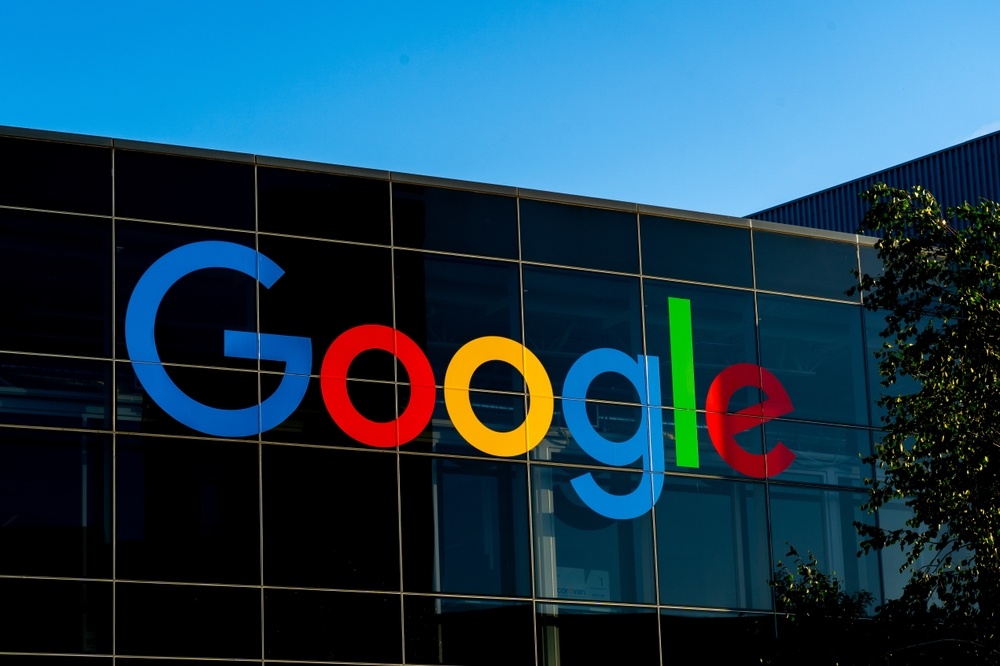The Justice Department asks Google to spin off Chrome, which may reshape the competitive landscape in the technology market?

Justice Department puts pressure on Google, spin-off proposal focuses on browser monopoly
The U.S. Department of Justice recently asked Google to divest its core product, Chrome, as a remedy in antitrust cases. The proposal follows a federal judge's ruling in August that found that Google had an illegal monopoly in search and text advertising in violation of Section 2 of the Sherman Act. The Justice Department's move marks one of the most significant actions against technology giants since Microsoft settled its antitrust case in 2001.
Chrome's role and the core content of the Justice Department's proposal
Since its launch in 2008, Chrome has become an important source of search advertising data for Google and is seen as a key entry point for the digital advertising business. The Justice Department believes that breaking up Chrome would provide a fair opportunity for competitors and weaken Google's monopoly on Internet access. The recommendations also include prohibiting Google from entering into exclusive agreements with third parties such as Apple and Samsung, and restricting Google from favoring search services in its own products.
In addition, the Justice Department's proposed remedy clearly states that Google must not weaken potential competitors through mergers, small-scale investments, or partnerships. These measures are expected to be implemented for up to 10 years to ensure the restoration of market competition.
With the huge impact of the digital advertising market, Android may become the next target
Google's search advertising business generated $49.4 billion in revenue in the third quarter of 2024, accounting for 75% of Alphabet's total advertising sales. The Justice Department believes that if other remedies fail to achieve their goals, Google may need to be asked to further divest its Android operating system, although the move is expected to encounter strong opposition.
However, the Justice Department said the current recommended measures should be enough to deter Google from using the Android ecosystem to suppress competition, and only if these measures prove ineffective will the possibility of an Android spin-off be discussed again.
Google's counterattack and ongoing legal battle
Google strongly opposed the proposal, saying the Justice Department's recommendations were "overly broad" and would have a negative impact on key investments in privacy protection and artificial intelligence. Kent Walker, head of Google's legal division, pointed out in a blog post that the proposal "goes far beyond the scope of the court's ruling" and could damage Google's products, including services other than search. Google currently plans to appeal the monopoly ruling, which will further delay the final implementation of remedies and increase uncertainty about the outcome of the case.
Disclaimer: The views in this article are from the original Creator and do not represent the views or position of Hawk Insight. The content of the article is for reference, communication and learning only, and does not constitute investment advice. If it involves copyright issues, please contact us for deletion.